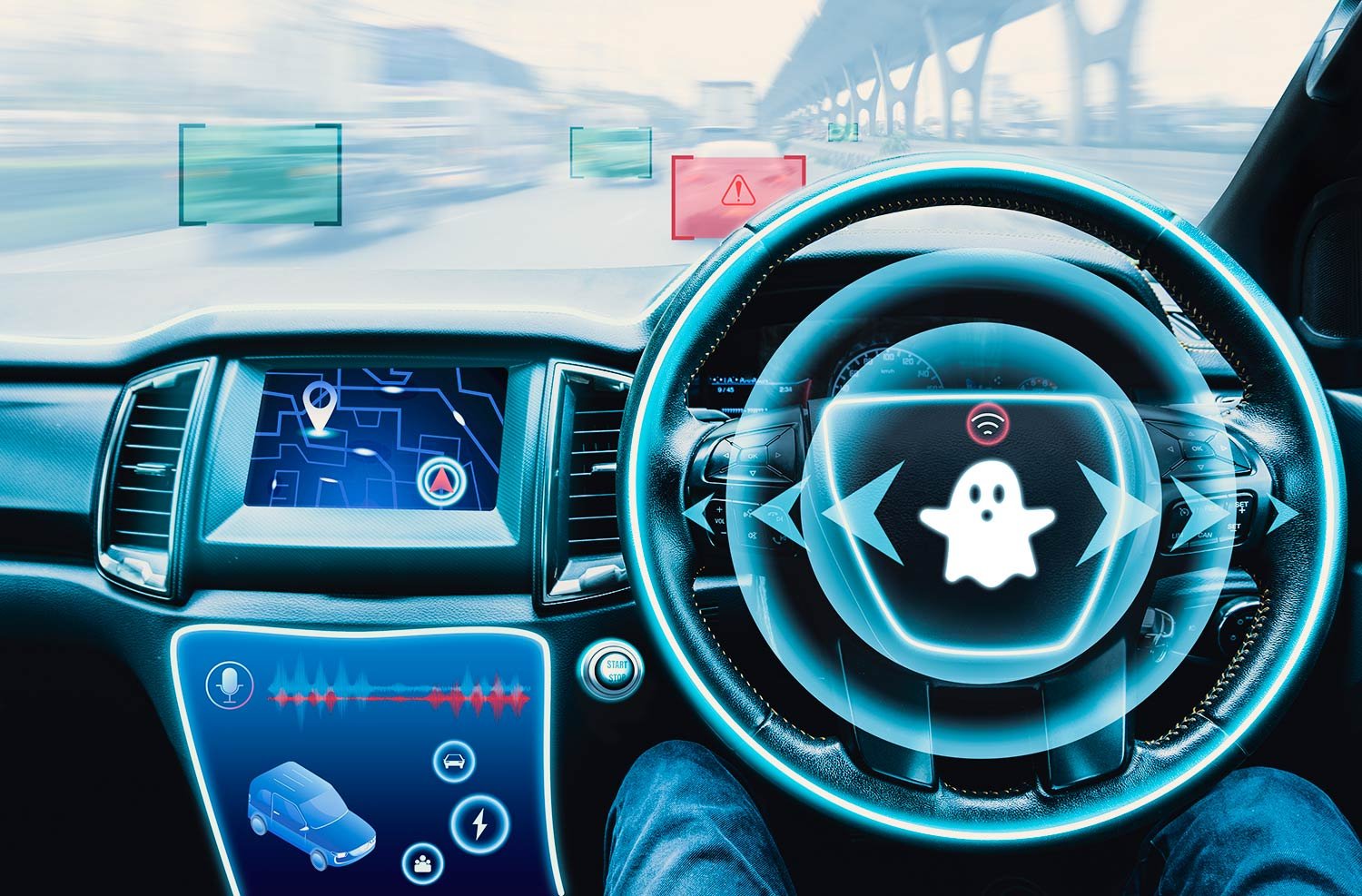If ADAS doesn’t work, what chance of autonomy?
When your car’s ADAS systems don’t seem to work properly, you have to wonder if autonomous driving is really on the horizon.
Driver assistance systems are meant to enhance safety, but inconsistent performance could erode trust in the road to full autonomy. Image credit: Adrien Coquet.
On a recent holiday in Spain, I rented a Hyundai i20 – comfortable, refined and it even had Android Auto. So it should have been pretty relaxing. Except it wasn’t – it was utterly infuriating.
The “Driver Assistance Systems” were precisely the opposite. The automatic speed limit warning sometimes defaulted to 10km/h until it saw a road sign it could recognise. I say “it could recognise” because it was blind to plenty of signs I could read. On one motorway, it blithely insisted the speed limit was 40km/h. I hate to think what would happen if some nervous old dear actually tried to obey the warning – that would probably be more dangerous than driving at 140 km/h.
The lane keep assist simply didn’t work on narrow country roads with a centre-line - it got twitchy (literally) if it thought I was close to the line, but its idea of proximity seemed to have been calibrated for the width of a motorway lane, not the windy little road up to our villa.
Of course, I got into the habit of switching off the two systems every time I turned the engine on. How irritating for owners - taking time to switch off systems they never wanted and were forced to pay for. Incidentally, this is thanks to an EU Directive called New Vehicle General Safety Regulation (GSR 2) that came into force in July 2024 (I seem to remember Boris promising us freedom from those, but that’s another matter). However, there is a deeper point.
Level 3 autonomy (partial self-driving on a highway) has just appeared on the Mercedes S-Class/EQS in certain markets, and Level 4 (full self-driving within a geofenced area) is a few years away. Elon Musk has been promising for years that Level 5 (autonomy in all conditions) is just around the corner, but his cars can’t seem to navigate themselves to the relevant corner.
Higher levels of autonomy require a huge amount of trust by the consumer. When people’s experience of Level 2 driver assistance systems is so awful, that seems optimistic. My Hyundai rental car was telling me, “I don’t always know what speed I should be going, and my grasp of road positioning can be a little sketchy.” That hardly inspires confidence that, one day, our car will drive us home while we will catch up on our emails.
We like more technology when it improves our lives – a smartphone is more useful than a feature phone, for example. While a new technology is still measurably worse than doing the same task manually, are consumers really going to ask for more of that technology?
Partner with an Industry Expert
Get in touch with Jay to explore how strategic insight and industry connections can accelerate your growth.


